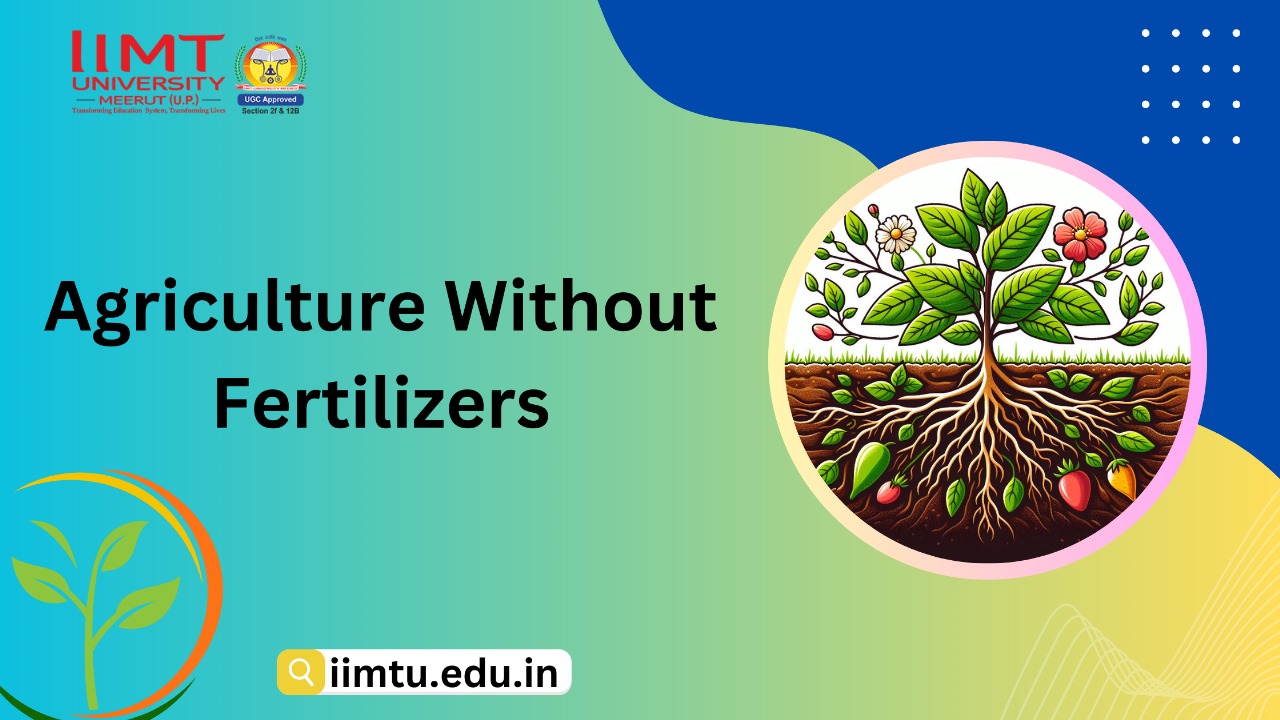Agriculture Without Fertilizers: Organic Farming Practices
In recent years, there has been a growing interest in sustainable agriculture practices that reduce reliance on synthetic fertilizers. Let’s explore the concept of agriculture without fertilizers and how farmers are adopting alternative methods to promote soil health, environmental sustainability, and long-term agricultural productivity.
Understanding the Need for Sustainable Agriculture
Description: Sustainable agriculture aims to minimize environmental impact while maintaining or increasing productivity and profitability. It recognizes the finite nature of natural resources and seeks to protect soil health, water quality, and biodiversity for future generations.
Challenges of Overreliance on Synthetic Fertilizers
Description: Overreliance on synthetic fertilizers can lead to soil degradation, nutrient imbalances, water pollution, and greenhouse gas emissions. Additionally, the high costs of fertilizers can pose financial burdens for farmers, especially small-scale producers in developing countries.
Alternative Approaches to Nutrient Management
Description: Farmers are exploring alternative approaches to nutrient management, such as organic farming, crop rotation, cover cropping, composting, and integrated pest management. These practices replenish soil nutrients, improve soil structure, and enhance biological diversity.
Organic Farming Methods
Description: Organic farming avoids the use of synthetic fertilizers and pesticides, relying instead on natural inputs like compost, manure, and crop residues to nourish the soil and sustain plant growth. Organic farming promotes soil health, reduces chemical residues in food, and protects environmental quality.
Crop Rotation and Cover Cropping
Description: Crop rotation involves alternating crops in a specific sequence to disrupt pest cycles, improve soil fertility. And reduce weed pressure. Cover cropping involves planting non-commercial crops to cover the soil surface, suppress weeds, and add organic matter to the soil.
Composting and Soil Amendments
Description: Composting transforms organic waste materials into nutrient-rich compost, which can be used as a natural fertilizer to enrich soil fertility. Soil amendments like lime, gypsum, and biochar can also improve soil structure and nutrient availability.
Integrated Pest Management (IPM)
Description: Integrated pest management combines various pest control strategies, including biological, cultural, and mechanical methods, to minimize pest damage while reducing reliance on chemical pesticides. IPM emphasizes pest prevention and ecological balance in agricultural ecosystems.
Benefits of Agriculture Without Fertilizers
Description: Agriculture without fertilizers offers numerous benefits, including improved soil health. Reduced environmental impact, lower production costs, and enhanced biodiversity. Sustainable farming practices contribute to long-term agricultural resilience and food security.
Challenges and Considerations
Description: While agriculture without fertilizers presents opportunities for sustainable agriculture challenges such as knowledge gaps, technical barriers, and market constraints need to be addressed. Education, research, policy support, and market incentives are essential for promoting the adoption of sustainable farming practices.
Embracing a Sustainable Future in Agriculture
Description: Embracing agriculture without fertilizers is a step towards building a more sustainable and resilient agricultural system. By prioritizing soil health, biodiversity conservation, and environmental stewardship, farmers can contribute to a healthier planet and more sustainable food production.
Exploring agriculture without fertilizers underscores the importance of adopting holistic. environmentally friendly farming practices to ensure the long-term viability of agriculture.
To know more – Visit our Website
For admission related queries – Click here or call us @ 9997089170
Author :- Davesh


